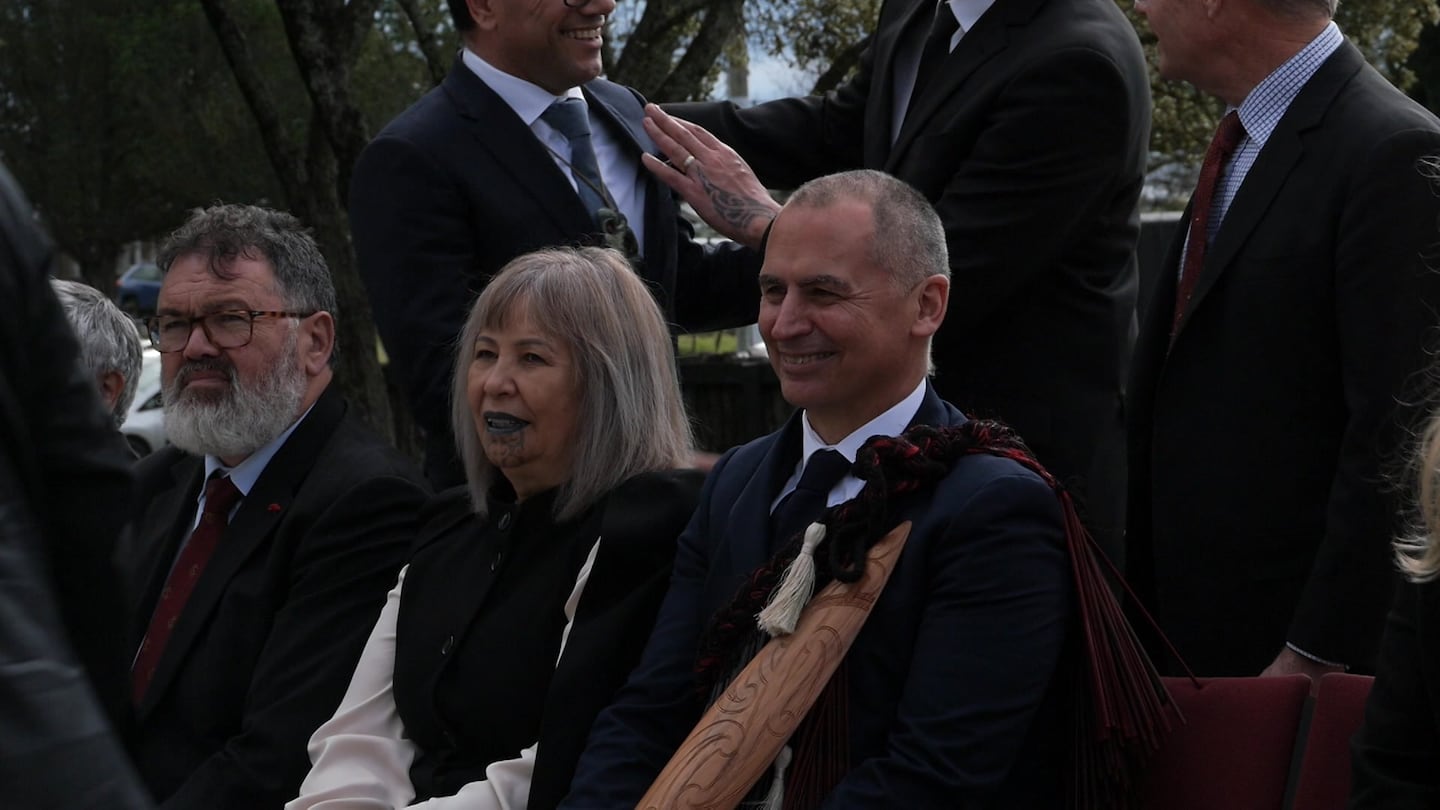Nathan Milner has been sworn in as a Māori Land Court judge at a special sitting at Te Poho o Rāwiri Marae in Gisborne.
Milner has experience working in Māori land law, Māori Fisheries Act 2004 issues and disputes, as well as appearing in the Māori Land Court.
The Ngāti Porou, Ngāi Tahu descendant was formerly a solicitor, senior associate and special counsel at Māori law firm Kāhui Legal.
Milner says he is ecstatic to have been welcomed into this new role.
“I’m very proud to have been appointed to the role, given the quality of the people like Justice Joe Williams and Chief Judge Caren Fox, Judge Wilson Issac and others who have served on the court and served in the Tairāwhiti district,” he says.
With more than 15 years post-admission commercial law firm experience, Judge Milner has experience in a wide range of law fields such as trusts law, estates, commercial and contract matters, legislative development and dispute management and resolution.
He says the appointment as a judge for the Māori Land Cours is one he hopes can positively impact Te Tairāwhiti where he will be a resident judge.
“Our people are entitled to expeditious justice and proper process’ and I just want to contribute to that work of the court.”
Milner is a Victoria University graduate with an LLB and BA in Māori and Political Science and International Relations and BA Hons (First Class) in Political Science and International Relations.
His appointment as a judge is also a return to the court and Waitangi Tribunal for Judge Milner, who worked early in his career as a research counsel for the Māori Land Court and as an assistant registrar for the Waitangi Tribunal.
He says that he hopes he lives up to the standards left by now Chief Judge Fox.
“I just want to meet the same high standards that Chief Judge Fox and Judge Issac have been meeting in the Tairāwhiti district for the past 20 or 30 years in terms of administering the court and trying to achieve those two key kaupapa of retention and development of Māori land.”



